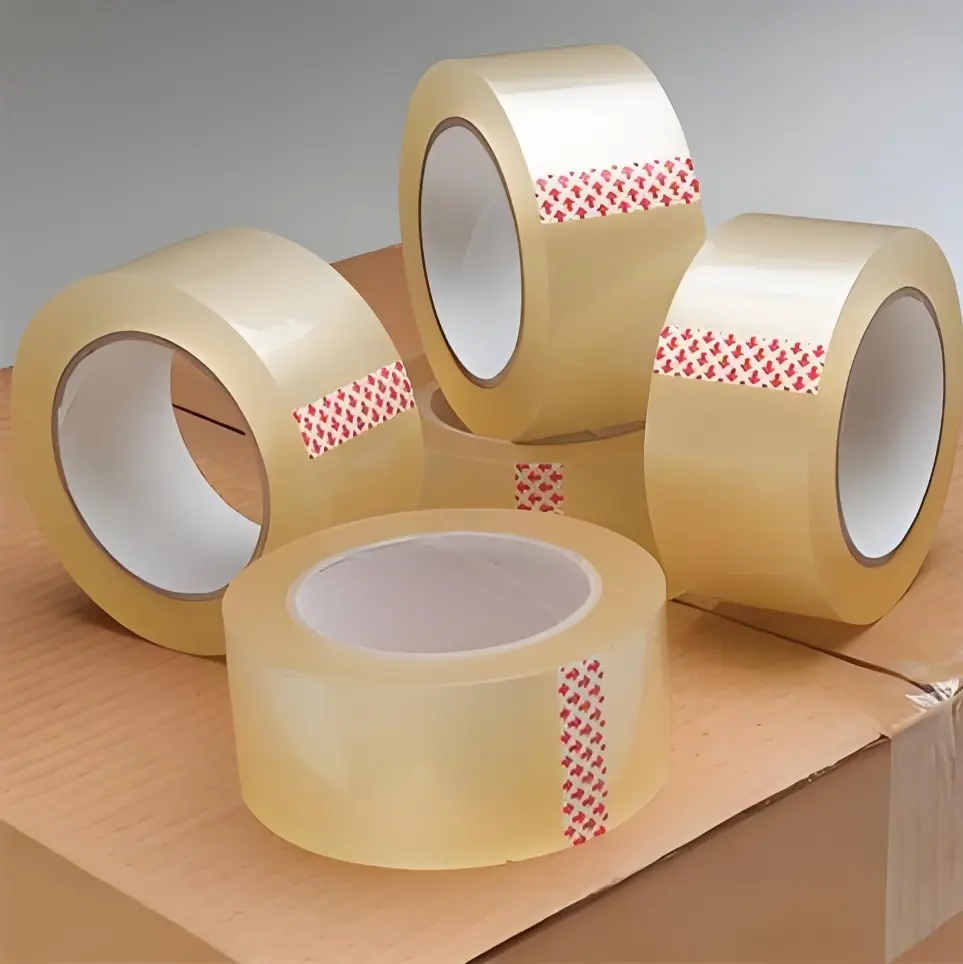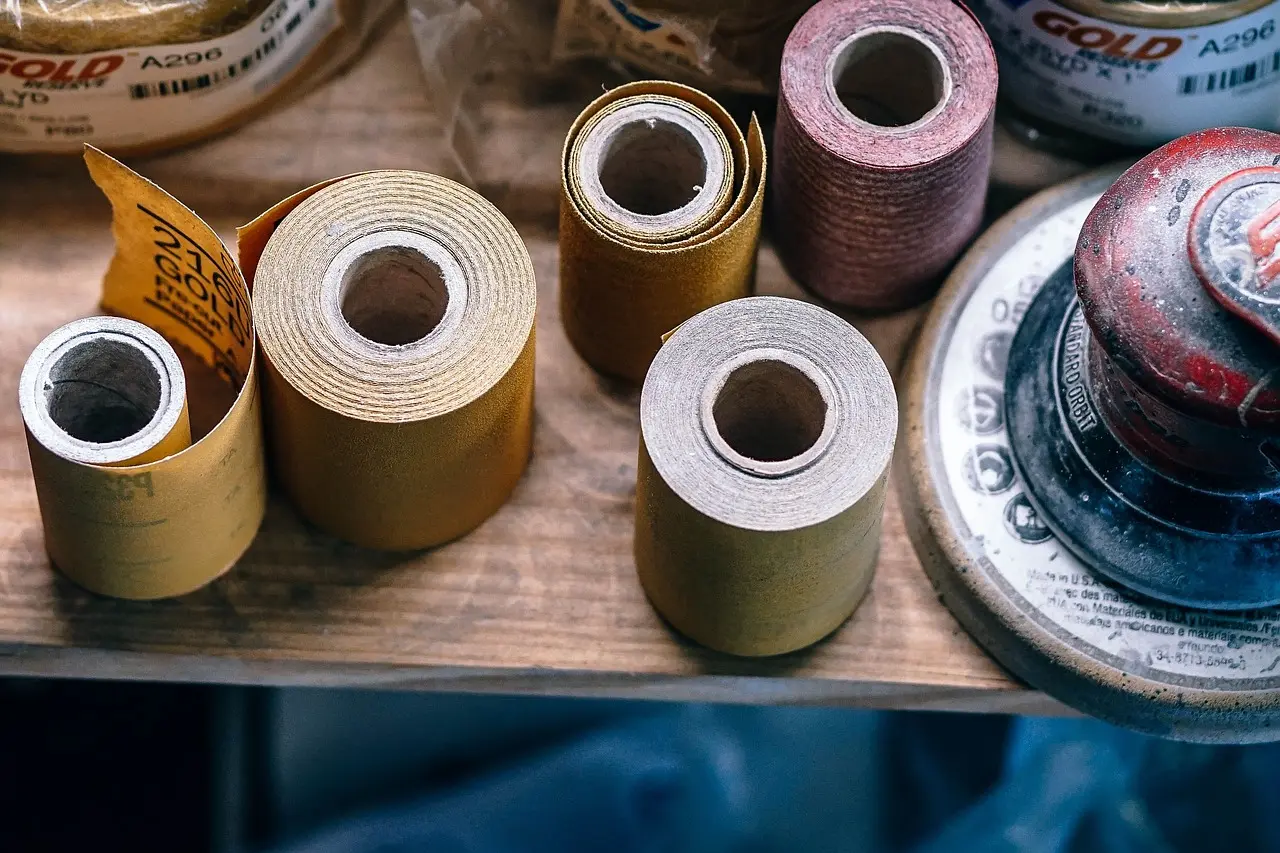
Many clients often ask us:
- “What is the difference between OPP film and BOPP film?”
- “How can I distinguish between OPP film and CPP film?”
- “Are PP film and CPP film the same thing?”
If you’re not entirely sure about the answers, don’t worry!
Selecting the right type of polypropylene (PP) film for your company requires a clear understanding of its characteristics. This guide will help you differentiate between CPP film, OPP film, BOPP film, and MOPP film, ensuring that you can make informed purchasing decisions.
1. How Do CPP, OPP, BOPP, and MOPP Films Get Their Names?
PP film is a general term referring to “polypropylene film.” Different manufacturing processes create PP films with varied properties, leading to different names based on their characteristics and applications.
The most commonly used PP films include:
- CPP (Cast Polypropylene) Film
- OPP (Oriented Polypropylene) Film
- BOPP (Biaxially Oriented Polypropylene) Film
- MOPP (Monoaxially Oriented Polypropylene) Film
All these films are made from PP plastic raw materials that are extruded and then undergo different stretching processes, resulting in distinct mechanical properties.
Stretching Processes and Naming Differences:
🔸 CPP Film (Cast Polypropylene Film) – No stretching, also known as non-oriented polypropylene film.
🔸 OPP Film (Oriented Polypropylene Film) – Stretched only in the transverse direction (TD).
🔸 BOPP Film (Biaxially Oriented Polypropylene Film) – Stretched in both the machine direction (MD) and transverse direction (TD).
🔸 MOPP Film (Monoaxially Oriented Polypropylene Film) – Stretched only in the machine direction (MD).
📌 MD (Machine Direction) – The longitudinal direction of the film.
📌 TD (Transverse Direction) – The horizontal direction of the film.
For a deeper understanding of OPP, BOPP, and MOPP films, you may also refer to:
🔹 Quick Guide to BOPP Film
🔹 Introduction to MOPP Film Applications
🔹 What is OPP Protective Film?
2. Why Are Plastic Films Stretched?
Stretching enhances the film’s mechanical and optical properties. Here are the key benefits of stretching:
✅ Improved Dimensional Stability
✅ Enhanced Mechanical Strength
✅ Increased Gloss and Transparency
✅ Better Gas Barrier Properties
Stretching aligns polymer molecules in a specific direction, increasing density and strength while improving gas barrier properties, surface gloss, and transparency.
3. What Is the Difference Between PP Film and OPP Film?

PP film refers to any type of polypropylene film, including:
- CPP film
- BOPP film
- Special functional PP films (e.g., PP protective film, PP glow-in-the-dark film, composite PP film)
However, OPP film is a specific type of PP film that has undergone uniaxial stretching in the TD direction, improving its mechanical strength, gloss, and gas barrier performance.
📌 Conclusion:
- PP film is a broad category of polypropylene-based films.
- OPP film is stretched PP film in the TD direction, improving mechanical strength and barrier properties, making it ideal for packaging bags and adhesive tapes.
4. How to Distinguish Between OPP Film and CPP Film?
CPP Film (Cast Polypropylene Film):
CPP film is produced through a casting process without stretching. It is formed by extruding melted polypropylene through a T-die mold onto a cooling roll, then cut into rolls.
Characteristics of CPP Film:
✔ Higher stiffness than PE film
✔ Good barrier properties against moisture and odors
✔ Can be customized for various functional applications (e.g., anti-fog, matte, printable, or laminated films)
✔ Solvent-free production makes it environmentally friendly
✔ High toughness and impact resistance, making it ideal for composite material applications
📌 Conclusion:
- The primary difference between CPP film and OPP film is whether the film is stretched.
- OPP film is stretched to enhance mechanical properties.
- CPP film is not stretched but can be customized for various functional applications.
5. What Are the Differences Between OPP, BOPP, and MOPP Films?
| Type | Stretching Direction | Characteristics | Common Applications |
|---|---|---|---|
| BOPP Film | MD + TD (Biaxial) | Excellent strength, clarity, and gas barrier properties | Packaging for food, clothing, and cigarettes |
| OPP Film | TD (Uniaxial) | Similar to BOPP film, widely used in packaging | Adhesive tapes, labels, packaging |
| MOPP Film | MD (Uniaxial) | Very high tensile strength in the MD direction | Strapping tapes, labels, tire reinforcement |
A. Differences Between OPP Film and BOPP Film
- Manufacturing Process: OPP and BOPP films use different stretching methods.
- Performance: In practical applications, the differences are minimal, and both films are often considered interchangeable.
- BOPP film provides slightly better mechanical properties due to biaxial stretching.
B. Differences Between OPP Film and MOPP Film
- OPP Film: Stretched in the TD direction, making it balanced in strength across both MD and TD directions.
- MOPP Film: Stretched in the MD direction, making it extremely strong in one direction but weak in the other.
- MOPP is suitable for applications that require high tensile strength in a single direction, such as strapping and labeling.
📌 Conclusion:
- OPP vs. BOPP: Different manufacturing methods but similar applications.
- OPP vs. MOPP: MOPP has higher tensile strength in one direction, while OPP is balanced in strength.
6. Summary Table: Differences Between CPP, OPP, BOPP, and MOPP Films
| Film Type | Stretching Method | Key Features | Common Applications |
|---|---|---|---|
| CPP Film | No stretching | Customizable (anti-fog, anti-static, high toughness) | Specialty packaging, lamination |
| OPP Film | TD direction | Similar to BOPP, used in packaging | Tapes, labels, packaging |
| BOPP Film | MD + TD directions | Excellent gas barrier and clarity | Food, clothing, cigarette packaging |
| MOPP Film | MD direction | Very high tensile strength in one direction | Strapping, labels, tire reinforcement |
If you have purchasing inquiries for CPP, OPP, BOPP, or MOPP films, feel free to contact us! 😊

Products
Rich variety of adhesive tape
